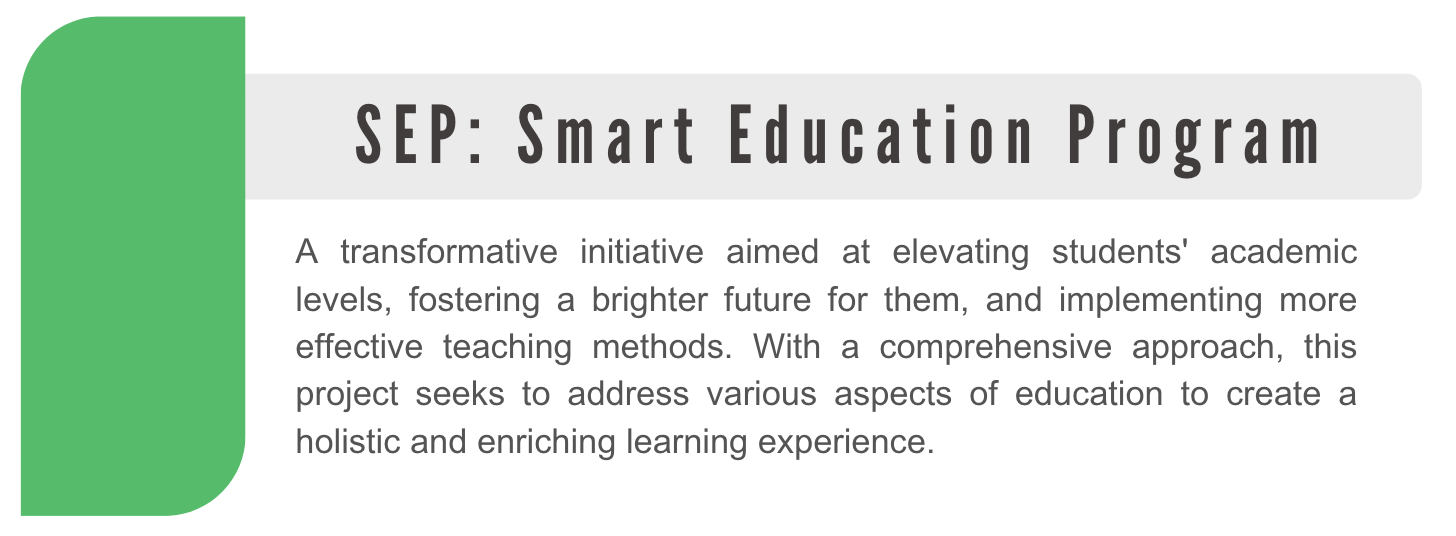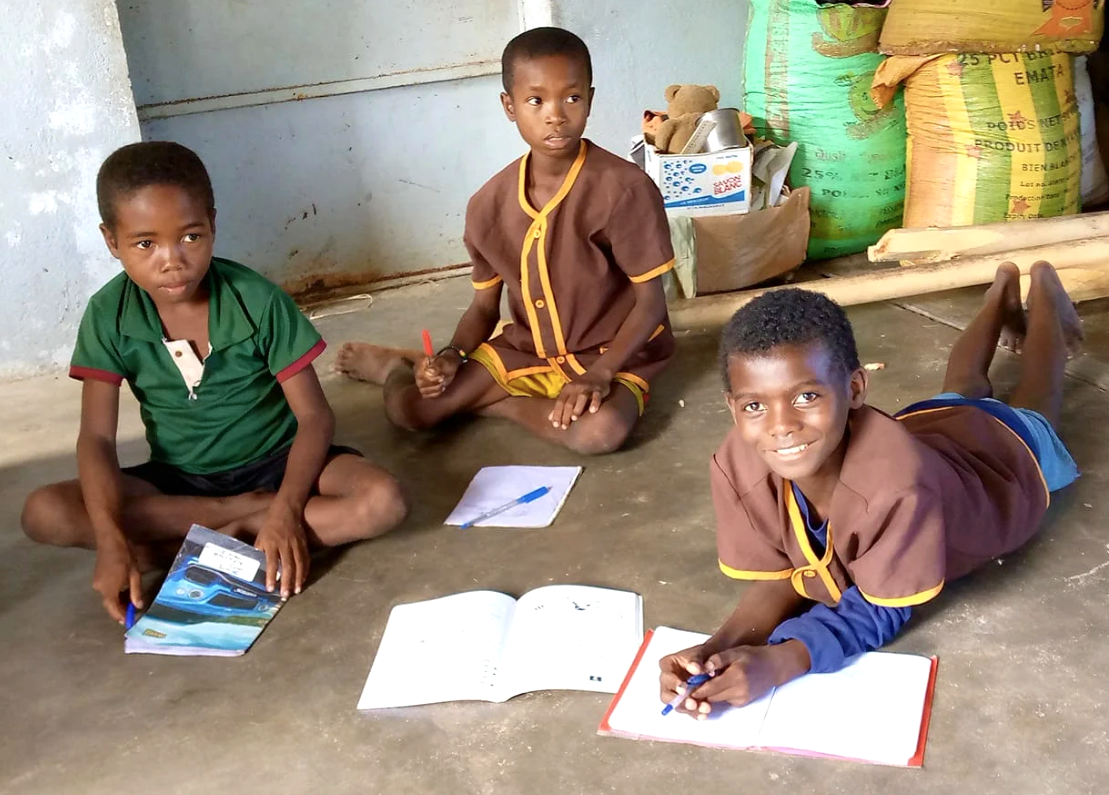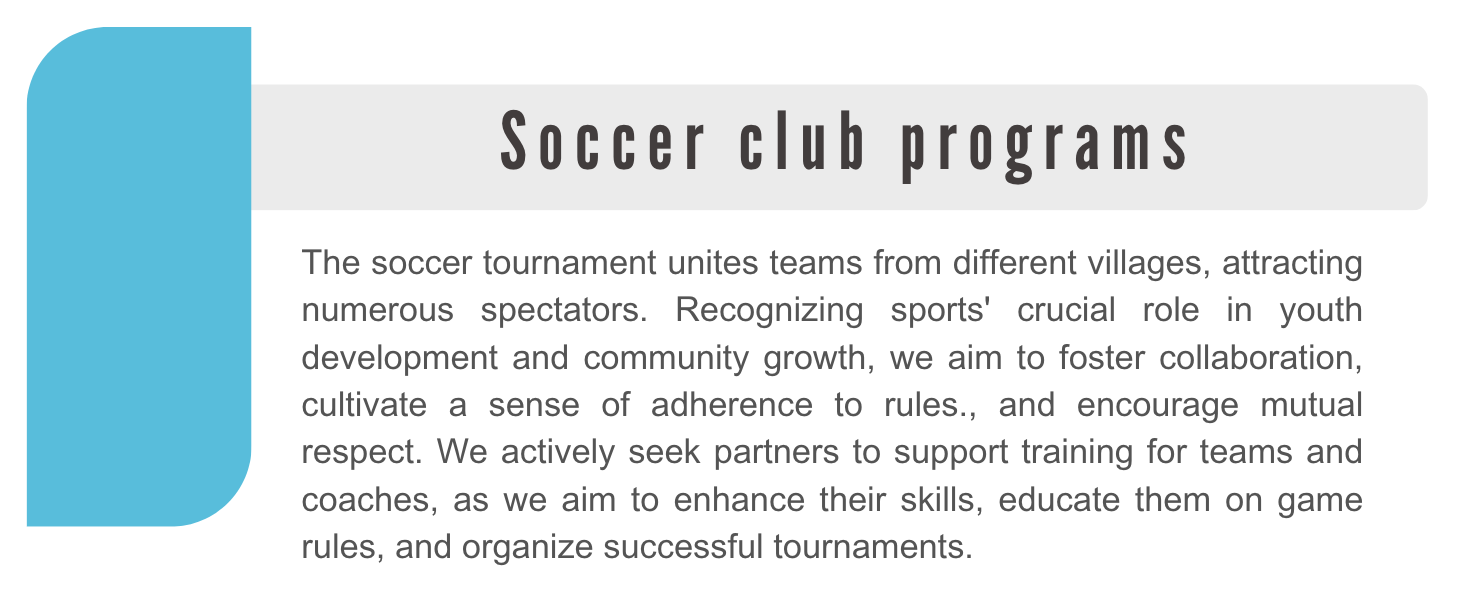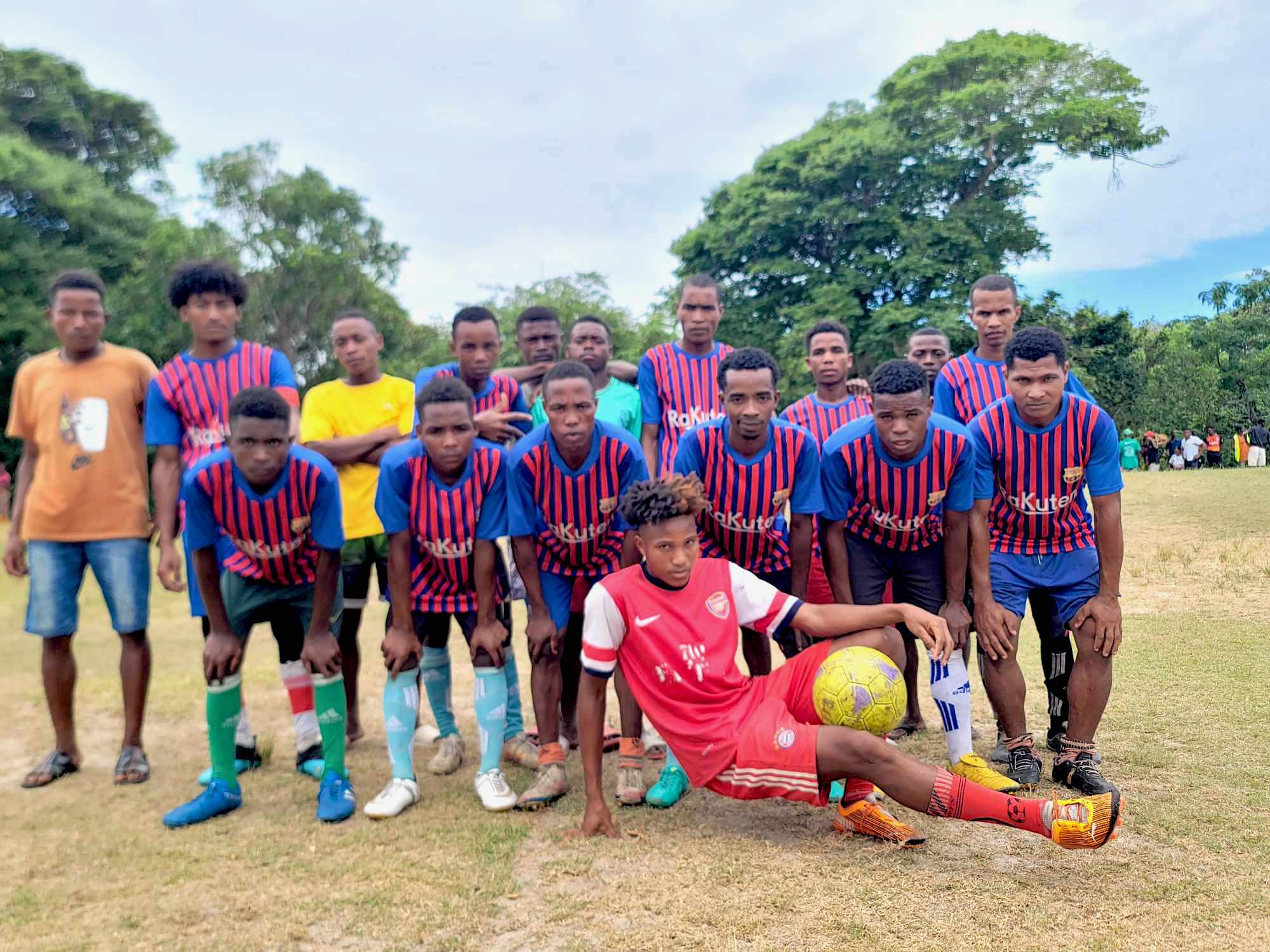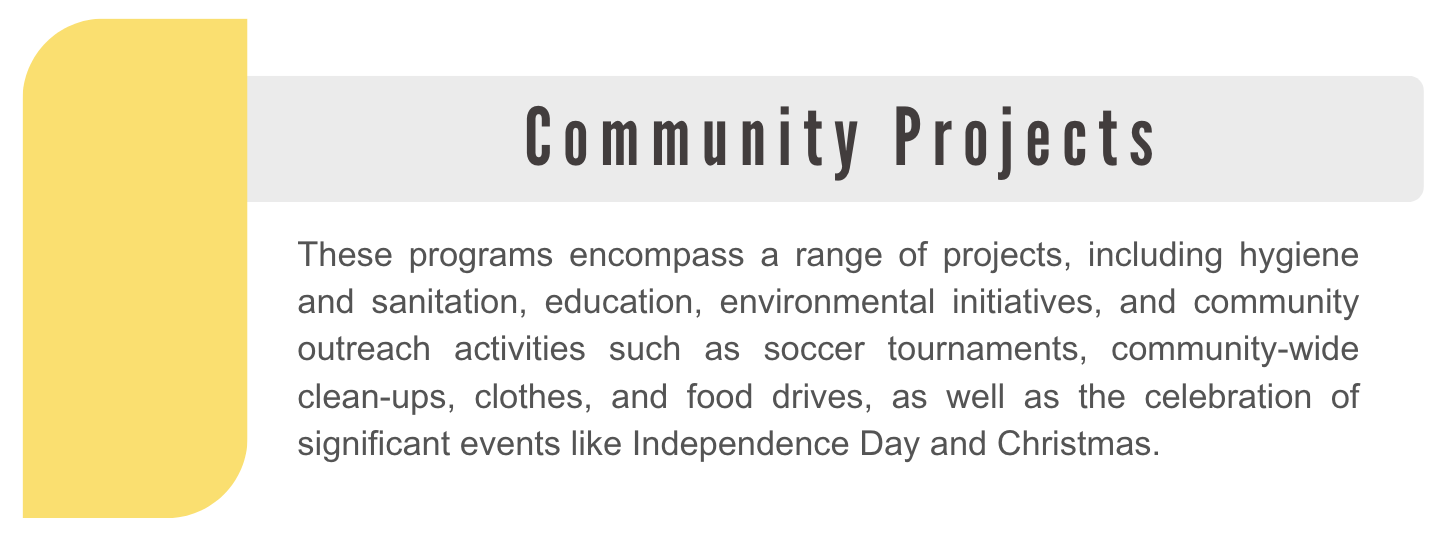
Sohihy projects
Sohihy is a picturesque village blessed with natural resources like rivers, the ocean, and fertile land. Fishing serves as the primary source of income for the residents, with a few engaging in farming on a limited scale. The elementary school in the village is not well-maintained, and children attend sporadically because of frequent illnesses, inadequate food, and the absence of birth certificates.
The Fokotany of Sohihy is divided into two sections, with the upper level comprising approximately 240 households and the lower level having around 160. In the year 2019, a significant fire swept through Sohihy, destroying 120 houses and leaving numerous families with nothing. In response, we volunteered to aid in the reconstruction efforts and took the opportunity to explore ways to contribute to the community's sustainable development.
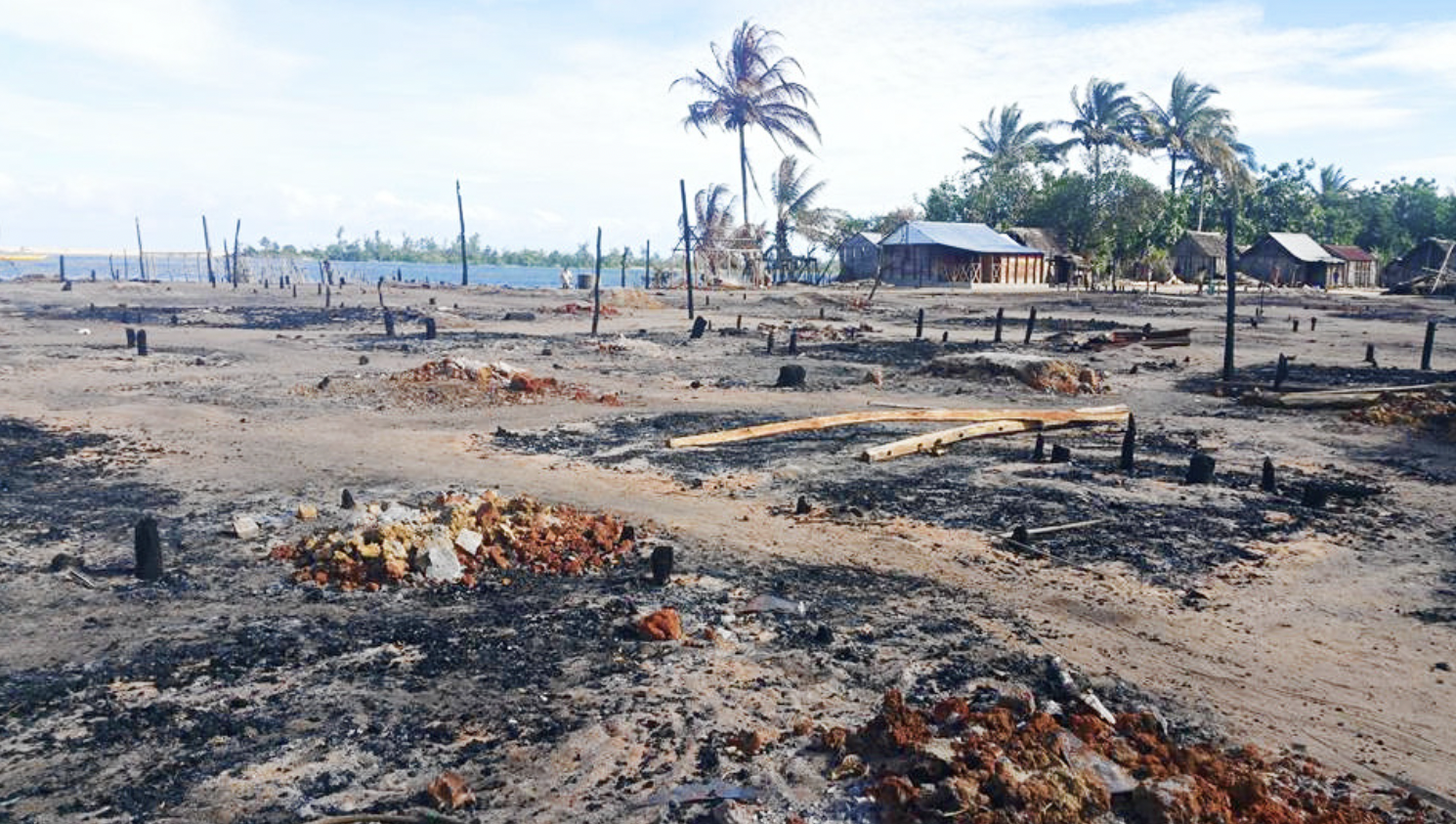

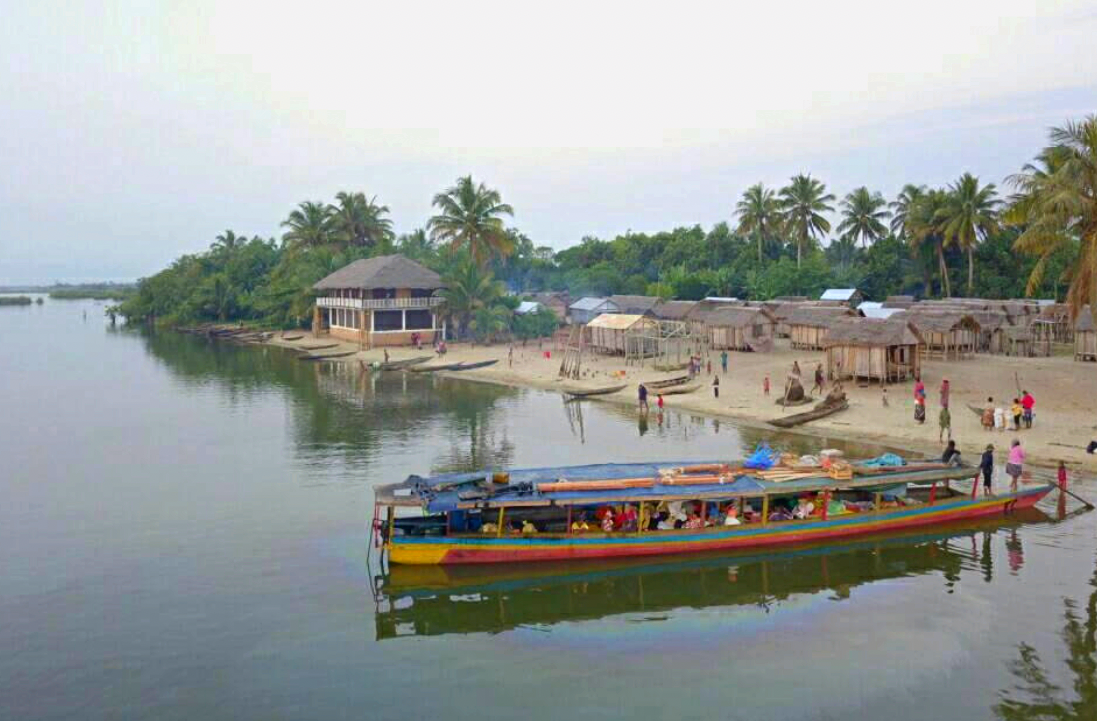
Our efforts in Sohihy started with the formation of a village committee, consisting of community elders, representatives from various local groups, entities, and our team. We have since introduced multiple initiatives aimed at enhancing unity among households, entities, and neighboring villages. These programs encompass a range of projects, including hygiene and sanitation, education, environmental initiatives, and community outreach activities such as soccer tournaments, community-wide clean-ups, clothes and food drives, as well as the celebration of significant events like Independence Day and Christmas.
SEP: Smart Education Project
In collaboration with Sohihy's village committee and the local elementary school, we were able to implement the Smart Education Project. The Smart Education Project is a transformative initiative aimed at elevating students' academic levels, fostering a brighter future for them, and implementing more effective teaching methods. With a comprehensive approach, this project seeks to address various aspects of education to create a holistic and enriching learning experience.
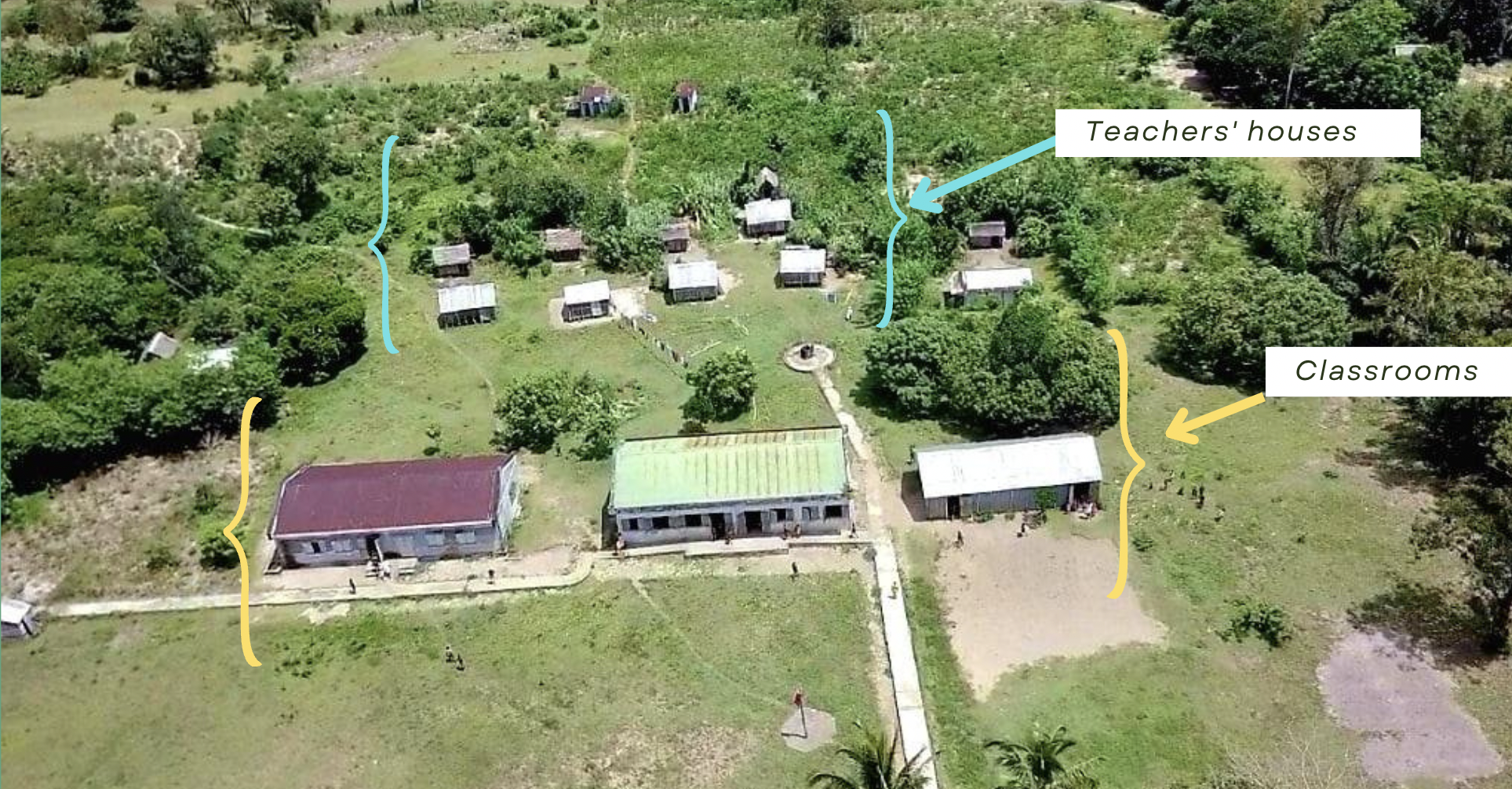

The primary objective of the Smart Education Project is to ameliorate students' academic performance. Through tailored programs, it identifies specific areas of improvement and implements targeted interventions to enhance learning outcomes. This involves personalized tutoring, interactive learning modules, and the incorporation of modern educational technologies to make the educational process engaging and effective.
Beyond immediate academic benefits, the project aspires to contribute to the building of a better future for the students involved. By fostering a love for learning, critical thinking skills, and a sense of curiosity, the project aims to equip students with the tools they need for success not only in academics but also in their future endeavors. The emphasis is on developing well-rounded individuals who are prepared to meet the challenges of an ever-evolving world.
In addition to focusing on students, the Smart Education Project recognizes the importance of implementing better teaching methods. This involves continuous professional development for educators, introducing innovative pedagogical approaches, and creating a supportive learning environment. By empowering teachers with the latest tools and methodologies, the project aims to elevate the overall quality of education in the community.
Through the Smart Education Project, we aspire to create a positive ripple effect, influencing not only the academic achievements of students but also the overall educational landscape. By investing in the intellectual growth of individuals and improving teaching methods, we believe we can contribute to building a brighter and more prosperous future for the community as a whole.
Teaching in Sohihy
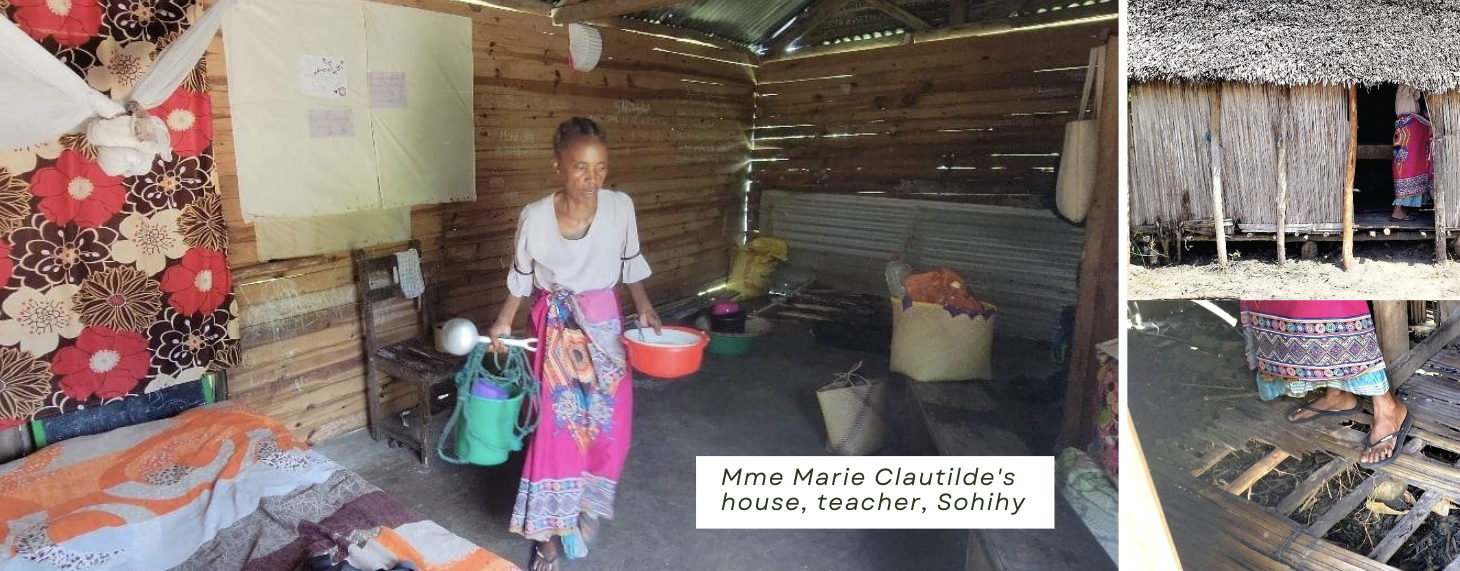
Teachers play a pivotal role in bridging the gap between children's educational success and their future. In the village, youngsters often join the workforce early, and there are several reasons why parents might not enroll their children in school. Some parents require assistance on the farm or in caring for younger siblings. Financial constraints prevent many from affording their children's education, while others choose to keep their children at home, feeling that formal education is unnecessary.
A common challenge in rural areas is the lack of birth certificates for most children. Parents often fail to register their child's birth through the county office due to its distance from their residence and the associated cost of obtaining a certificate, which they deem unnecessary. This becomes problematic when children reach secondary school, as a birth certificate is typically required for enrollment at that level.
Teachers live within the school's propriety. Their houses need lots of repairs which are supposed to be the student's parents' responsibility to fix, but neither seems to have the means to make it happen. It is our hope to be able to raise enough money for these reparations. The teachers have a small vegetable garden and a few chickens, which they use for food. They are supposed to be partially paid by the government and the student's parents, but they do have difficulties receiving their pay on time because of the delays from both parties. This put them in a challenging position because they rely heavily on that income to survive. Teachers often have to find other financial means, so they work on a farm or go fishing, which takes most of their time during the day. This causes them to miss classes and put the children's education on hold.
Soccer Club
Each year, we host a soccer tournament in Sohihy, aiming to unite surrounding villages and encourage communities to come together, fostering communication and potential collaboration on various projects. Despite the challenges posed by the remote locations, lack of amenities like electricity and running water, and transportation constraints (mainly on foot, canoe, or less commonly by motorbike or cars), we persist in organizing these tournaments.
The difficulties extend to the scarcity of equipment and materials, with basic necessities like soccer shoes, uniforms, and balls in short supply. The soccer field is uneven and far from resembling a standard pitch. Nevertheless, teams relish the opportunity to play and engage in the tournaments.
Despite the challenges, we observe positive changes and growth among participating teams, as well as increased maturity among the organizers. Our desire is to continue and expand this event, recognizing its significant potential for these communities and the hope it sparks among the youth.
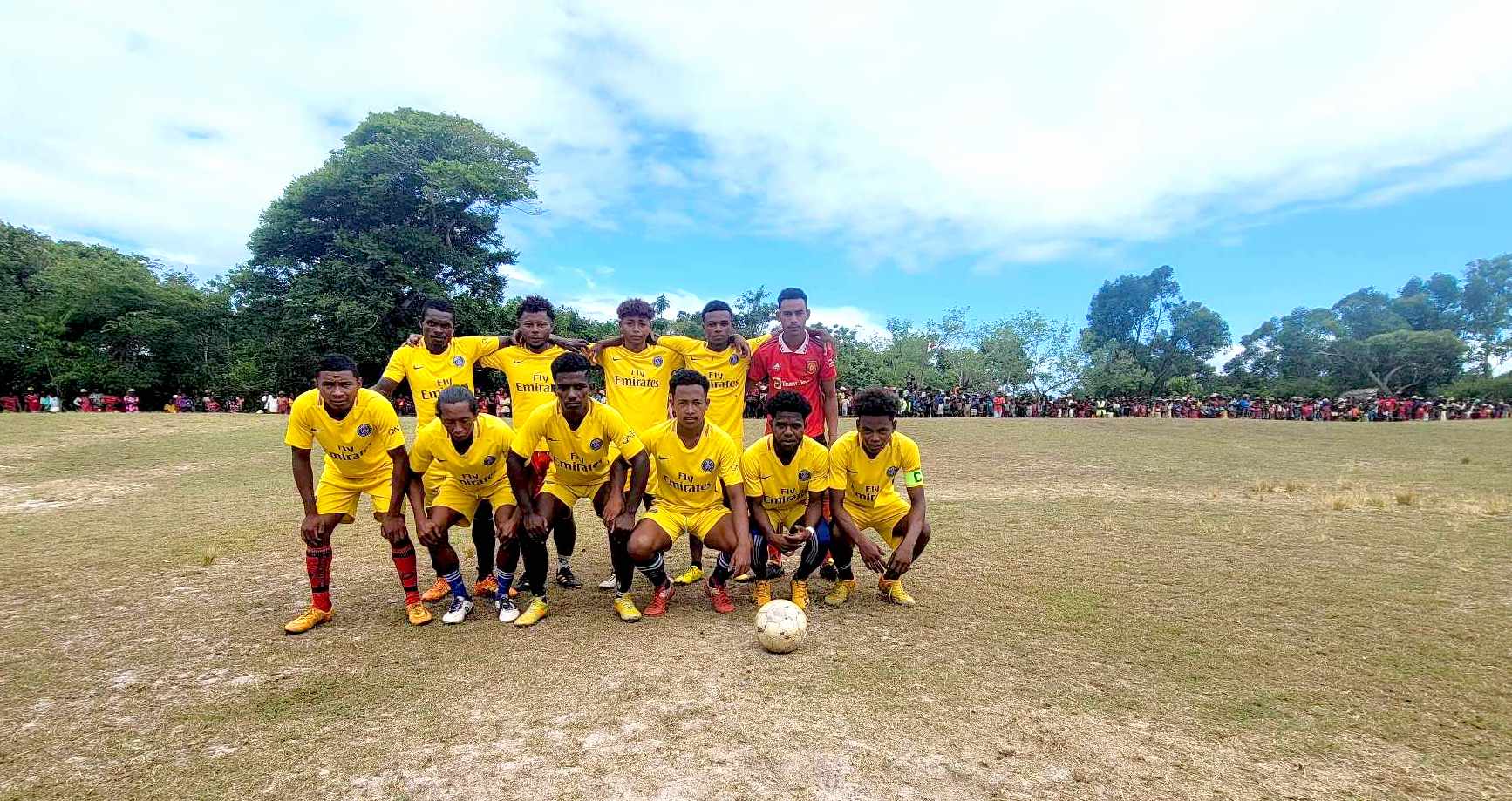
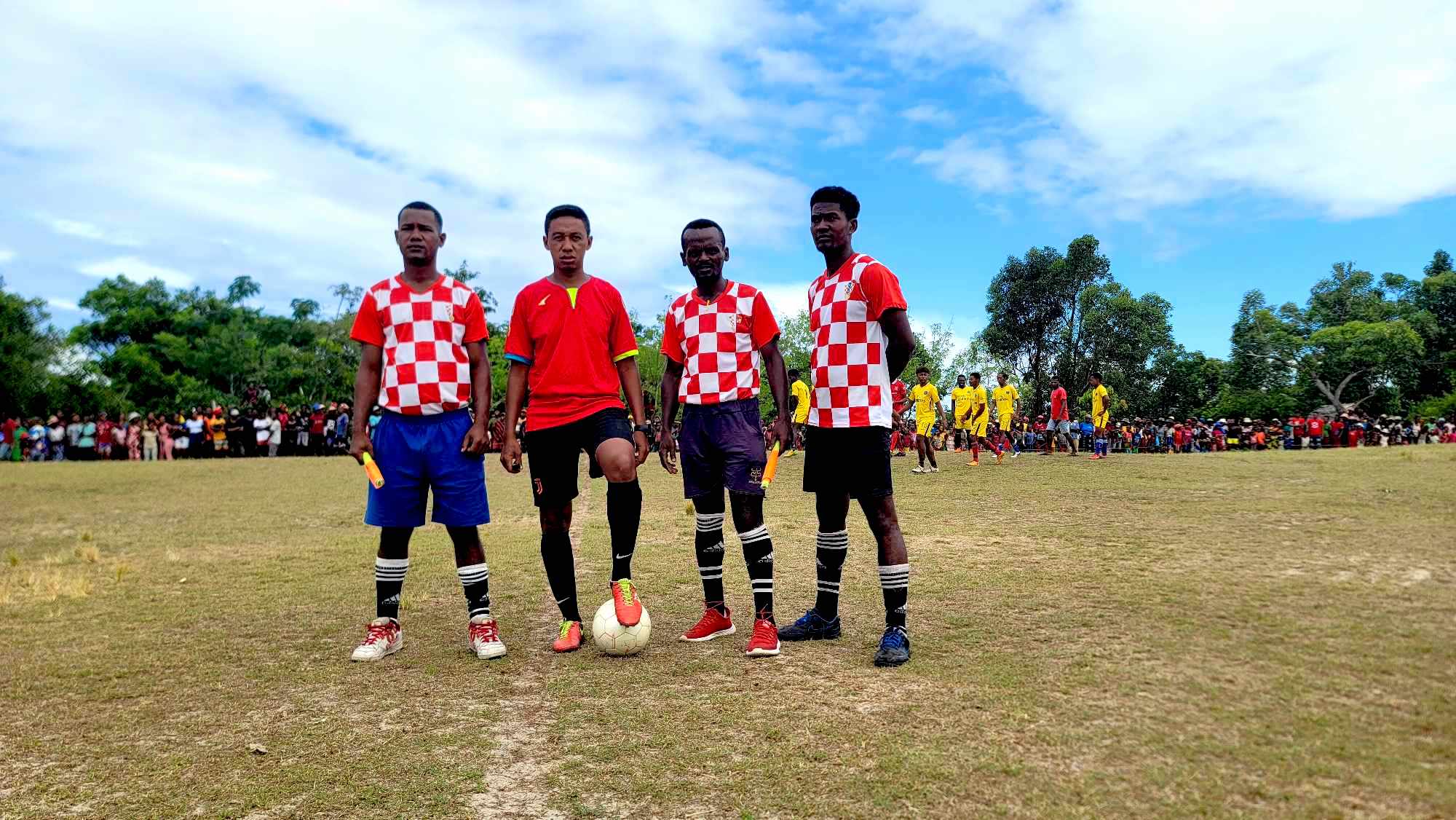
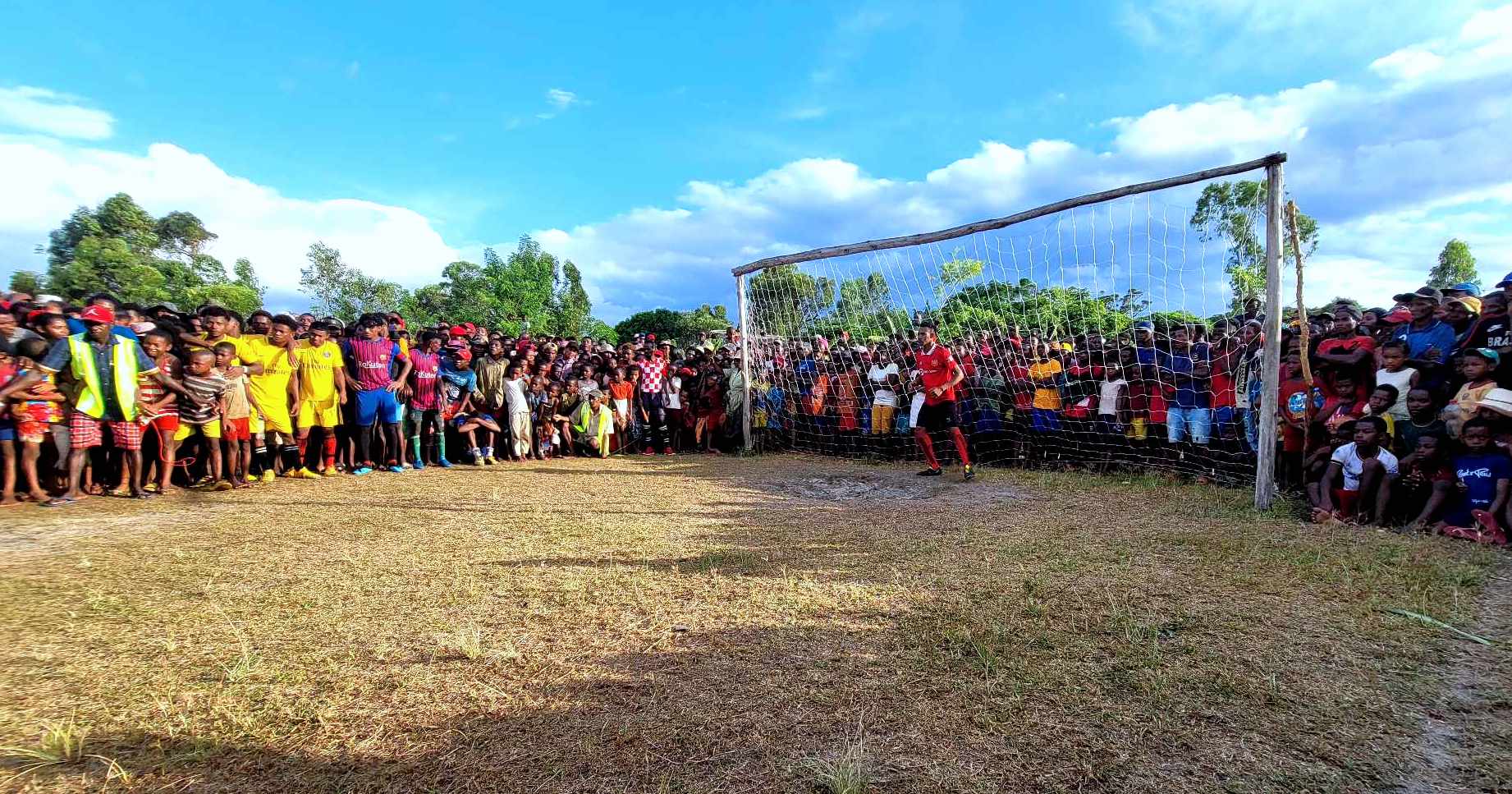
Community Projects
We want to build sustainable development for the community by addressing households' needs. We need to understand the areas in which they are struggling and what can they do to improve their living conditions with our assistance. Each project is designed in accordance with the participants' needs, priorities, abilities/talents, and level of involvement. It is designed as a partnership between Echoes and the participants.
Our primary aim revolves around developing eco-friendly initiatives that enable families to generate additional income, fostering a self-sufficient way of life. Our goal is to alleviate these families' concerns about meeting their fundamental daily requirements like food and housing. Rather, we aspire for them to concentrate on sustaining a healthy lifestyle, ensuring sustainability not just for themselves but for future generations as well.

